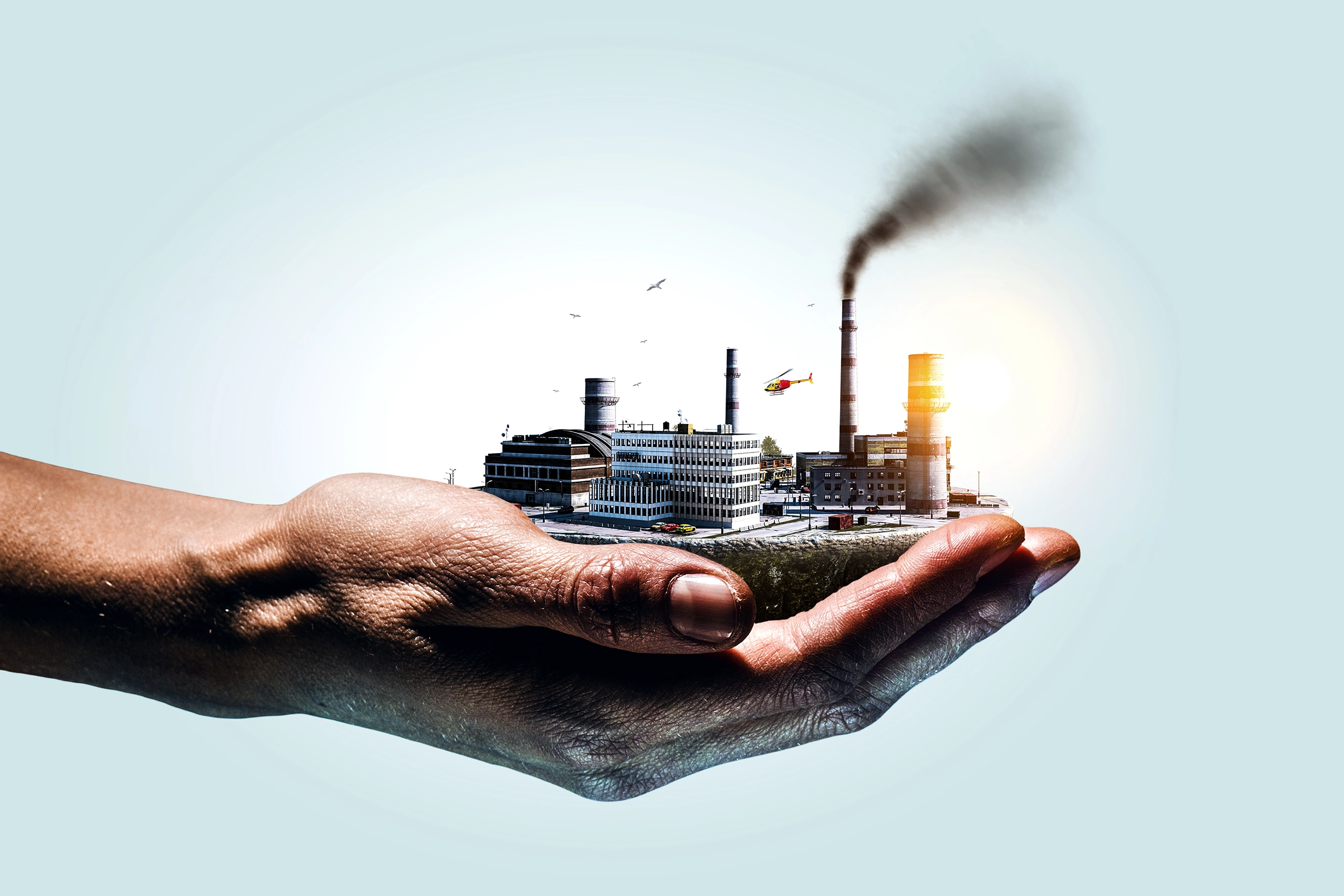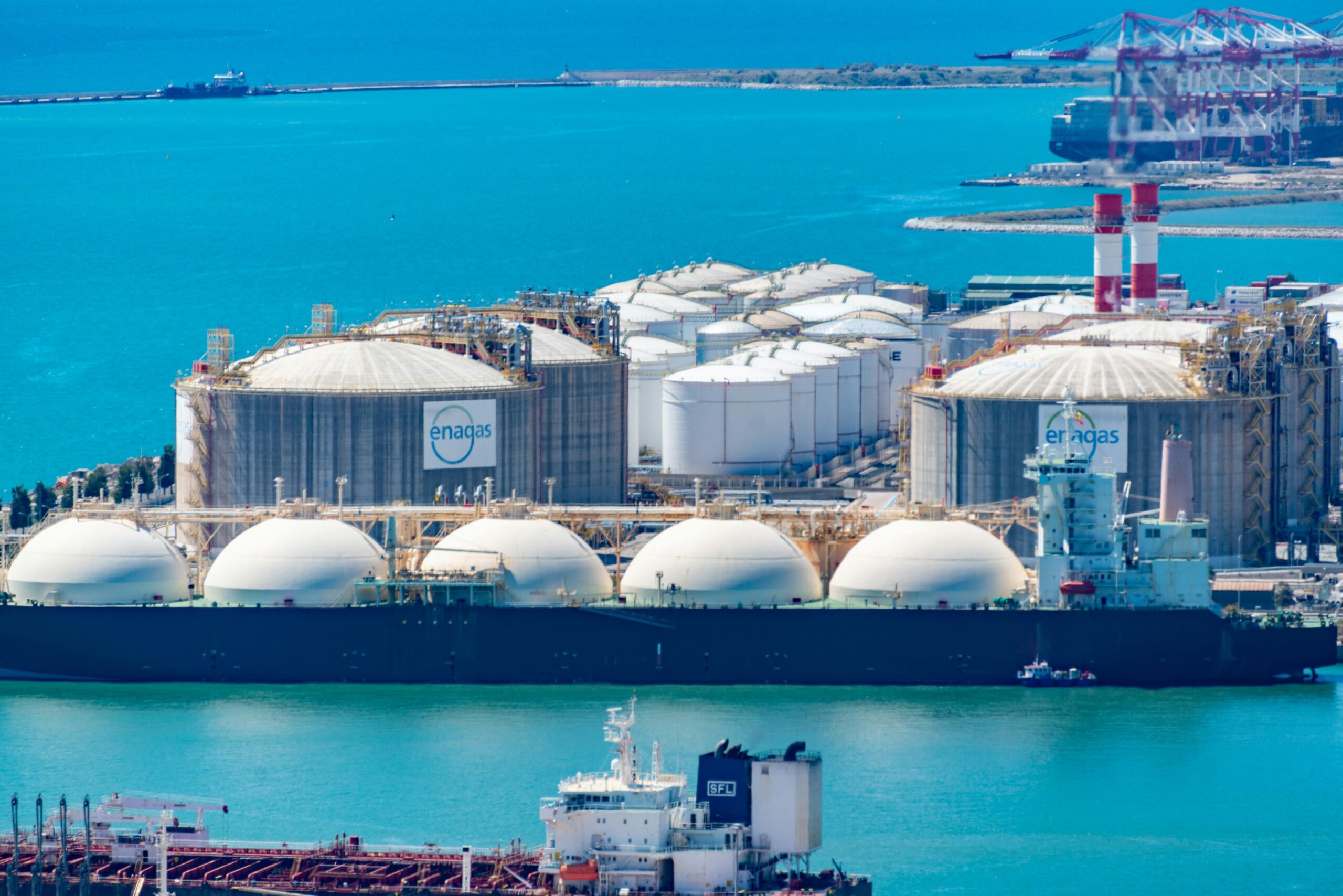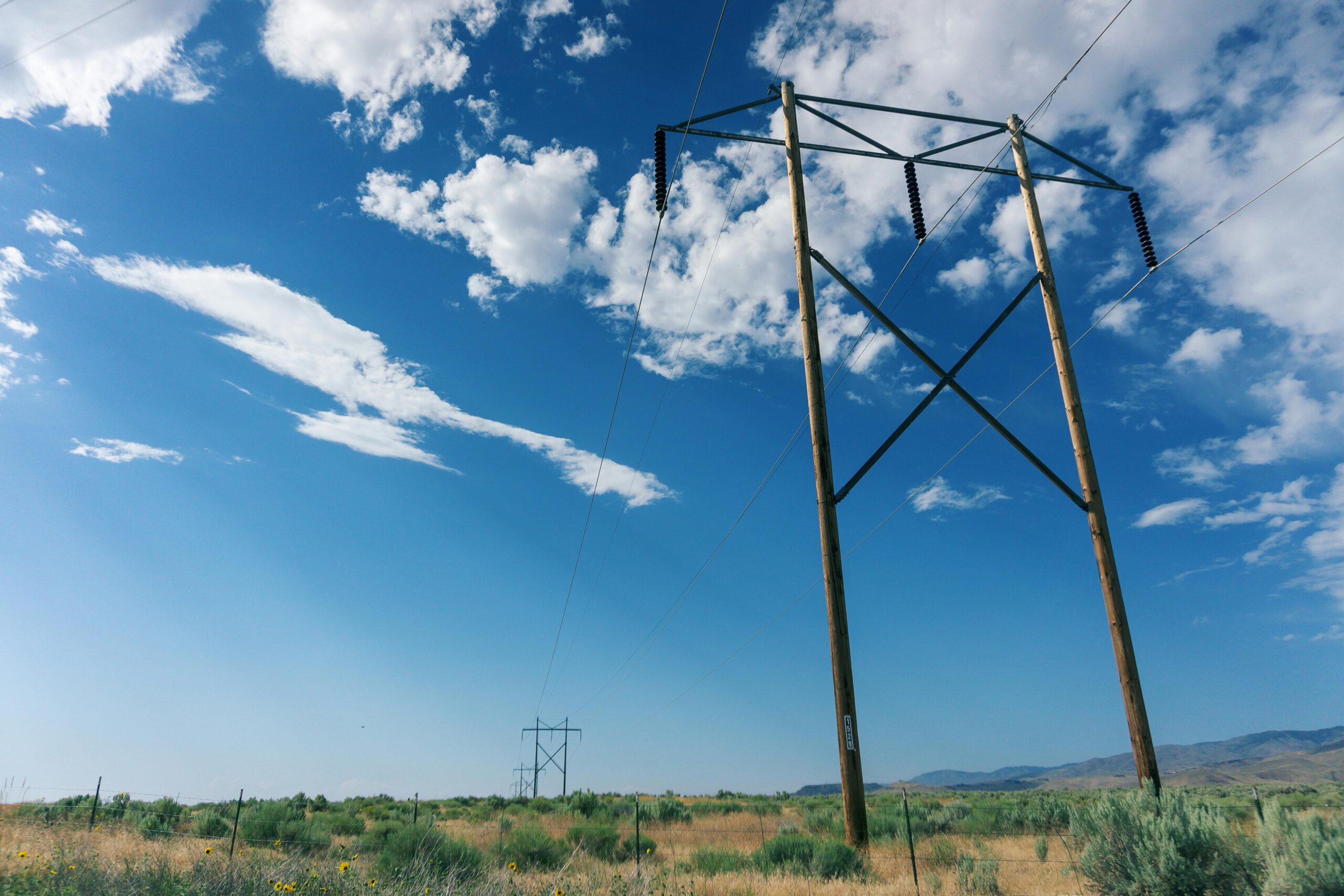
The Global Economic and Environmental Benefits of Liquefied Natural Gas (LNG)
How LNG Fuels Prosperity and a Cleaner Tomorrow
Author: Johnie Boutwell
Introduction
Amid the evolving global energy landscape, Liquefied Natural Gas (LNG) has emerged as a crucial resource, not only for powering economies but also for advancing environmental goals. As nations grapple with the dual challenge of meeting rising energy demands while addressing climate change, LNG offers a unique bridge between economic prosperity and environmental stewardship. This article explores how LNG supports economies around the world and examines the positive environmental impacts associated with its adoption.
What is LNG?
Liquefied Natural Gas (LNG) is natural gas (primarily methane) that has been cooled to approximately -162°C (-260°F). This process transforms the gas into a liquid, reducing its volume by about 600 times and making it easier to store and transport over long distances where pipelines may not be feasible.
Once LNG reaches its destination, it is regasified and delivered for use in power generation, industry, transportation, and residential heating.
Economic Benefits of LNG Around the World
1. Driving Economic Growth and Job Creation
LNG projects represent multi-billion-dollar investments that generate significant economic activity. From exploration and extraction to liquefaction, shipping, and regasification, the LNG value chain creates skilled jobs and supports local economies.
Countries such as Qatar, Australia, and the United States have witnessed robust economic gains as leading exporters, while importing nations benefit from enhanced energy security and industrial growth.
Infrastructure Development: LNG terminals, storage tanks, pipelines, and shipping fleets require advanced engineering and ongoing maintenance, spurring further economic development.
Employment: The LNG sector employs thousands directly in operations and indirectly across construction, logistics, and technology.
Tax Revenue and Export Earnings: Exporting nations generate substantial tax revenues and foreign exchange earnings, strengthening public finances and enabling investments in education, healthcare, and infrastructure.
2. Enhancing Energy Security and Market Stability
LNG provides countries with a flexible and reliable alternative to traditional pipeline gas or volatile oil supplies. This diversification increases energy security, reduces dependence on single suppliers, and helps stabilize energy prices.
- Supply Flexibility: LNG can be sourced from multiple regions, reducing geopolitical risks tied to reliance on specific countries or routes.
- Market Competition: A global LNG market encourages competition, driving down costs and fostering innovation.
- Emergency Backup: During pipeline disruptions or extreme weather events, LNG imports ensure continuity of power and industry.
3. Boosting Industrial Competitiveness
Affordable and abundant LNG supplies enable industries across Asia, Europe, and the Americas to operate more competitively. Sectors such as chemicals, steel, fertilizers, and manufacturing rely on natural gas both as a fuel and feedstock. With secure LNG imports, these industries are better positioned to expand, innovate, and create jobs.
4. Supporting Economic Development in Emerging Markets
Many developing countries lack domestic energy resources or the infrastructure to import pipeline gas. Floating Storage and Regasification Units (FSRUs) and small-scale LNG solutions have opened access to clean, reliable energy, stimulating economic development and improving quality of life.
- Electrification: LNG-powered plants support rural electrification, boosting education, healthcare, and entrepreneurship in underserved regions.
- Attracting Investment: Reliable energy is key to drawing foreign direct investment (FDI), supporting entrepreneurship, and fostering innovation.
The Environmental Benefits of LNG
1. Lower Greenhouse Gas Emissions
Compared to other fossil fuels, LNG offers superior environmental performance. For example, LNG-fueled power plants can reduce CO₂ emissions by up to 50% compared to coal-fired plants, making it attractive for nations pursuing international climate commitments.
- Cleaner Combustion: Natural gas contains less carbon and burns more efficiently, producing fewer emissions of CO₂, sulfur dioxide (SO₂), and nitrogen oxides (NOₓ).
- Lower Particulate Matter: LNG produces minimal particulates, reducing urban air pollution and improving public health.
2. Supporting Renewable Energy Integration
LNG complements intermittent renewable sources like wind and solar by providing flexible backup power. This ensures stable electricity supply when renewable output fluctuates, accelerating the shift toward a low-carbon energy system.
3. Reducing Environmental Degradation
Unlike coal mining or heavy oil extraction, natural gas production has a smaller land and water footprint, especially when paired with advanced technologies and responsible practices. Switching from coal to LNG helps reduce environmental strain and ecosystem disruption.
4. Improving Air Quality and Public Health
Switching to LNG reduces SOₓ, NOₓ, and fine particulate emissions, leading to better air quality. This translates into fewer respiratory and cardiovascular illnesses, lowering healthcare costs for communities near industrial and power facilities.
5. LNG in Transportation: Cleaner Ships and Vehicles
The transportation sector is adopting LNG to comply with stricter emissions standards. The International Maritime Organization (IMO) has prompted shipping companies to shift toward LNG.
- LNG-powered ships emit up to 90% less nitrogen oxide and virtually eliminate sulfur oxide emissions compared to traditional marine fuels.
- Heavy-duty trucks and even trains are increasingly turning to LNG as a cleaner fuel alternative.
Challenges and Considerations
While LNG offers significant benefits, challenges remain. Methane leakage during production and transport can offset some climate advantages, since methane is a potent greenhouse gas. Solutions include:
- Stricter regulations
- Improved leak detection
- Investment in advanced technologies
Additionally, LNG, while cleaner than coal and oil, remains a fossil fuel. Achieving long-term climate goals requires continued investment in renewable energy sources.
Conclusion
LNG is reshaping the global energy landscape by driving economic growth, enhancing energy security, and enabling industrial competitiveness across continents. At the same time, it delivers tangible environmental benefits, from reduced greenhouse gas emissions to improved air quality.
As technology advances and oversight strengthens, LNG can serve as both a catalyst for economic prosperity and a stepping stone toward a cleaner, more sustainable energy future.
Ready to Explore LNG Solutions with Rev1 Energy?
At Rev1 Energy, we partner with clients worldwide to deliver innovative solutions across the energy lifecycle, from project planning and commissioning to compliance, safety, and digital transformation.
If your organization is exploring opportunities in Liquefied Natural Gas (LNG) or seeking ways to improve energy security, efficiency, and environmental performance, our experts can help.
Contact us today to learn how we can support your LNG and energy transition projects.

Lets get started
Discover how our commissioning software can transform your project management. Contact us today for a personalized consultation and demo!



